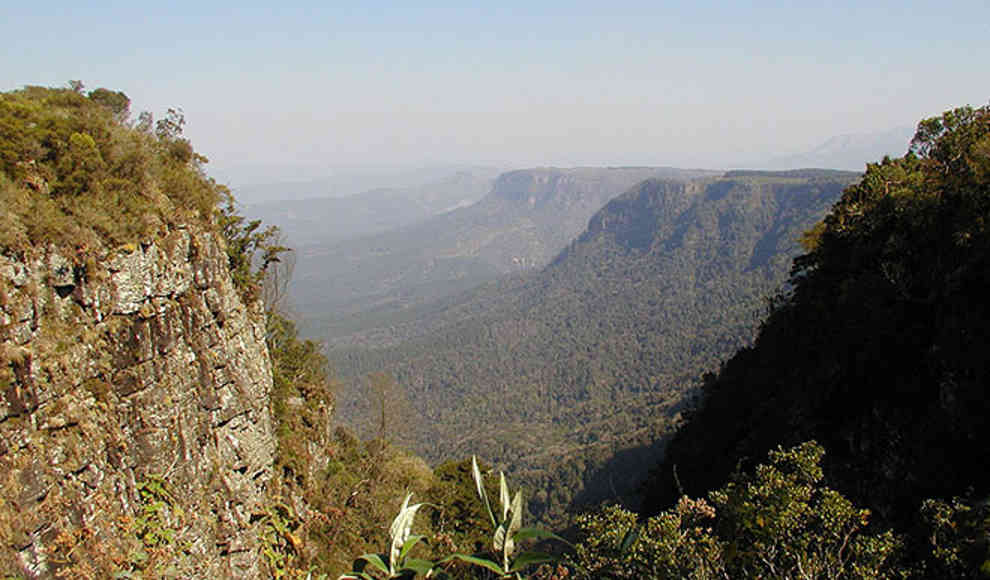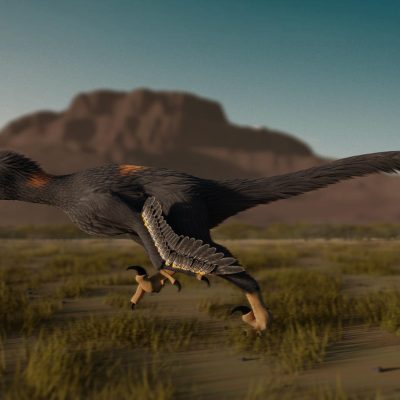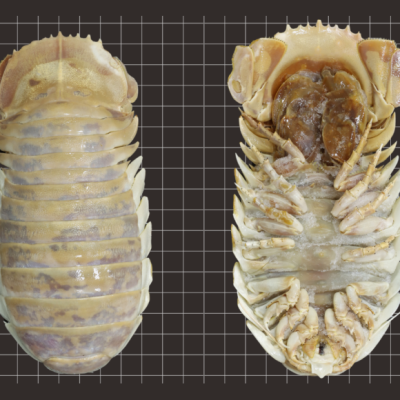New research on rock formations in South Africa suggests that life on land is at least 3.22 billion years old, 300 million years older than previously thought. The origin of life on Earth is believed to have started in the oceans, but the transition from water to land was a significant step. Recent findings from South Africa, however, suggest that the first life on land appeared 3.22 billion years ago, much earlier than previously believed. Researchers led by Sami Nabhan discovered suspicious crystal structures in ancient rock formations in the Barberton Greenstone Belt. These structures were small grains of the mineral pyrite that showed clear signs of being influenced by microorganisms.
Further analysis at the Helmholz Center in Potsdam revealed that the distribution of trace elements and the ratio of sulfur isotopes 32-S and 34-S were particularly noticeable. Mass spectrometry confirmed that the 34-S content in the crystals differed significantly from that in their outer zones, indicating that microorganisms had converted sulfur at the edges of the crystals. Experts call this process biogenic fractionation. The researchers believe that the rocks they studied originated from an ancient soil profile more than three billion years ago in a flat river plain of a braided stream. The microbes must have lived in this alternatingly dry and wet soil zone, explaining the typical edges of the pyrite crystals. This discovery confirms the existence of soil organisms that lived on Earth 3.22 billion years ago.
The findings are significant because they push back the timeline for the emergence of life on land by 300 million years. The discovery of microorganisms in ancient soil profiles also provides insight into the evolution of life on Earth. The research team’s findings were published in the journal Geo Science World, and the discovery has generated excitement among scientists and researchers worldwide. The discovery of life on land 3.22 billion years ago is a significant milestone in the history of life on Earth and provides a new perspective on the origins of life.










